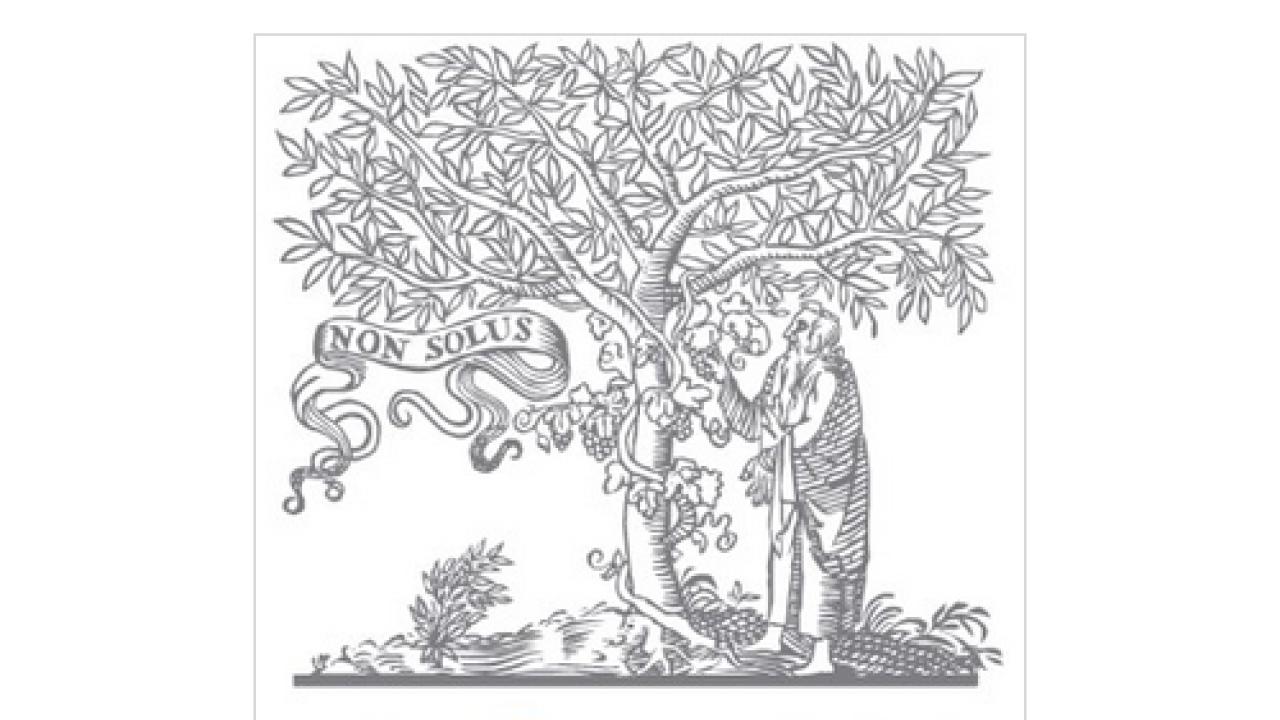
ICTP has decided to cancel its subscription to Elsevier's bundle of science journals after negotiations with the publisher failed to produce an acceptable solution for the Centre.
The growing costs of the contract, which has been in effect since 2001, did not represent a good value for money, according to ICTP Director Fernando Quevedo, who made the decision after lengthy discussions with ICTP scientists.
"ICTP remains committed to offering the highest level of research support to its scientists, many of whom come from countries that lack resources such as access to top science journals," he said. However, he added, the costs of the subscription contract with Elsevier were becoming unsustainable, and negotiations with the publisher failed to produce a satisfactory result. "The proposed new contract did not allow the flexibility that a relatively small institute like ICTP requires to strategically distribute its budget," explained Quevedo.
Quevedo assured the ICTP community that the Centre, through its Marie Curie Library, would do its best to minimize the impact of the Elsevier cancellation. He noted that ICTP will keep post-termination access rights to 53 journals that it has historically subscribed to, for contents published between 1995 and 2017.
Scientists with further questions can contact the Marie Curie Library information desk. The Library has prepared a web page listing alternative, legal, full-text sources for science papers. Scientists can also use the Library's document delivery service to request papers. The Library will monitor the trend of requests to measure the effects of the Elsevier cancellation. Any comments/suggestions are welcome.
Science institutes and universities around the world have been steadily staging revolts against the high costs of large publishers' bundled journal packages by cancelling their subscriptions. The Scholarly Publishing and Academic Resources Coalition (SPARC), which advocates for open access to research output, tracks these cancellations.
















